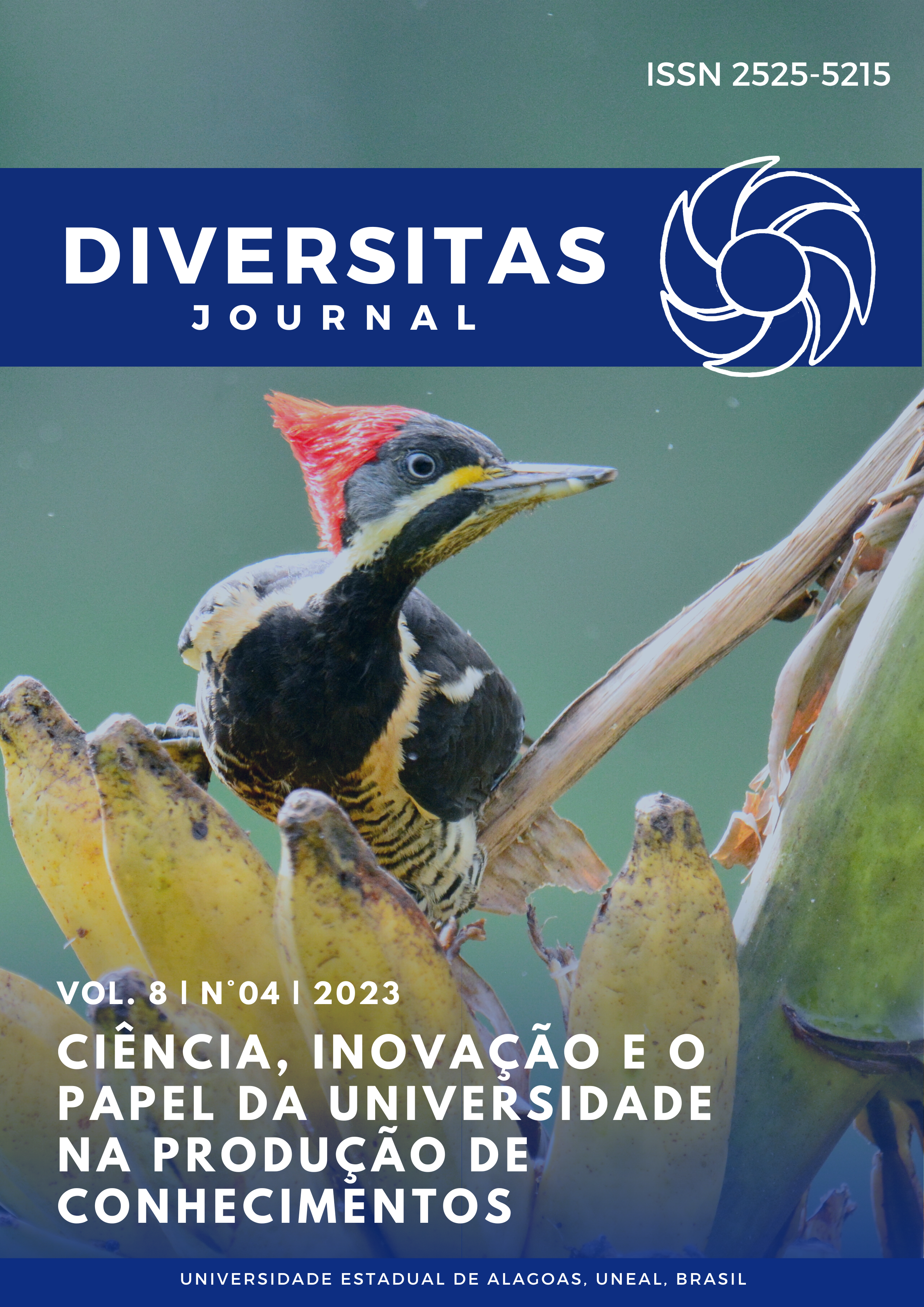Elysian Fields
between desire and despair
DOI:
https://doi.org/10.48017/dj.v8i4.2621Keywords:
Tennessee Williams, streetcar, dramatic literature, theaterAbstract
Literature is a door that opens up to different discussions. When reading "A Streetcar Named Desire" (1947) by Tennessee Williams, the reader can wonder what led Blanche to her catatonic state or analyze the Kolwaski couple's relationship. That's the charmof literature, making the reader question, travel, be enchanted and indignant. From this perspective, this work will seek to analyze the relationship between the Kolwaski couple and what led Blanche to catatonia. To this end, Tennessee, the writer who gives life and color to this work, will be presented, as will his writing process and, finally, how this work is a portrait of his memories. For this, the theoretical basis is Costa (2020), Rodrigues (2011) and Silva (2005) and the methodology used was a systematic bibliographical review.
Metrics
References
Candido, A. Literatura e sociedade. Rio de Janeiro: Ouro sobre azul, 2006.
Calvino, I. Por que ler os clássicos. São Paulo: Companhia das Letras, 1993.
Costa, P. P. Leitura feminista do comportamento de gênero, decadência e loucura em Um bonde chamado Desejo (1947), de Tennessee Williams / Priscilla Pizarro Costa. - João Pessoa, 2020.
Rodrigues, E. P. De A Streetcar Named Desire a Um Bonde Chamado Desejo: o percurso discursivo de apresentação da personagem Stanley Kowalski em duas traduções brasileiras. 2011. Tese de Doutorado.
Silva, L. . Memória Histórica na Dramaturgia de Tennessee Williams. Fênix - Revista de História e Estudos Culturais, v. 2, n. 3, 23 set. 2005.
Williams, T. Um bonde Chamado desejo. São Paulo: PEIXOTO NETO, 2004.
Downloads
Published
How to Cite
Issue
Section
License
Copyright (c) 2023 Erisson Jordan Ferreira Fonseca, Moisés Monteiro de Melo Neto

This work is licensed under a Creative Commons Attribution 4.0 International License.
The Diversitas Journal expresses that the articles are the sole responsibility of the Authors, who are familiar with Brazilian and international legislation.
Articles are peer-reviewed and care should be taken to warn of the possible incidence of plagiarism. However, plagiarism is an indisputable action by the authors.
The violation of copyright is a crime, provided for in article 184 of the Brazilian Penal Code: “Art. 184 Violating copyright and related rights: Penalty - detention, from 3 (three) months to 1 (one) year, or fine. § 1 If the violation consists of total or partial reproduction, for the purpose of direct or indirect profit, by any means or process, of intellectual work, interpretation, performance or phonogram, without the express authorization of the author, the performer, the producer , as the case may be, or whoever represents them: Penalty - imprisonment, from 2 (two) to 4 (four) years, and a fine. ”


















